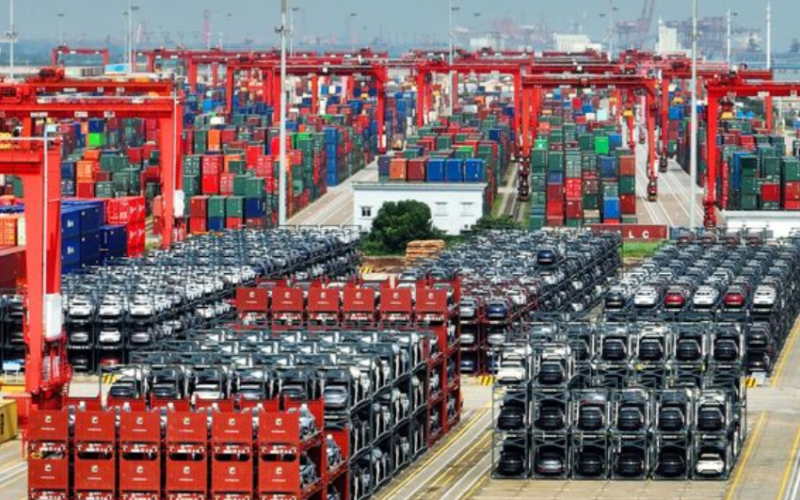As the European Union makes strides to reduce its reliance on Russian energy sources, a new challenge looms on the horizon: the risk of dependency on China for batteries. This shift in energy policy could have significant implications for the EU’s strategic autonomy and energy security.
The EU has been actively seeking alternative energy sources and diversifying its supply chain. However, this pursuit of energy independence has led to increased collaboration with China in the field of battery production.
China is a global leader in battery manufacturing, and the EU has been looking to establish a secure and sustainable supply of batteries for electric vehicles and renewable energy storage. This has resulted in partnerships and investments in battery manufacturing facilities in Europe, often with Chinese companies playing a central role.
While diversifying energy sources is a positive step towards energy security, the EU must be cautious. Overdependence on a single supplier could expose the EU to vulnerabilities in the event of disruptions or geopolitical tensions.
The EU faces a delicate balancing act in its efforts to reduce reliance on Russian energy while maintaining a diverse and secure energy supply. As the transition to clean energy and electric mobility accelerates, the EU’s dependence on batteries will continue to grow.
The EU’s evolving energy policy and its relationship with China in the battery sector will be closely monitored by both domestic and international observers, as the outcome could have far-reaching implications for the EU’s energy resilience and geopolitical standing.








